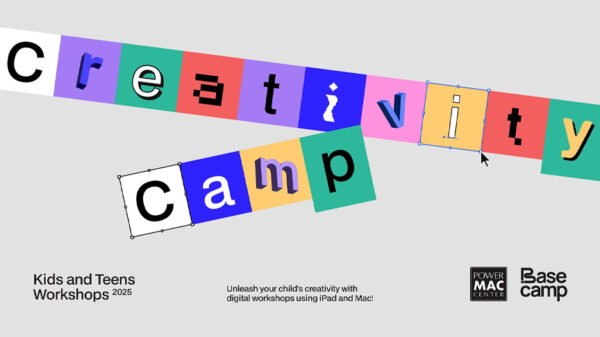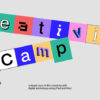The internet is typically not associated with serious self-directed learning where teenagers are involved.
But a new study of high school students in Malawi shows that, under the right controls, giving students the chance to explore high quality, engaging online sources can boost them academically. The internet can even be an effective substitute for textbooks when resources are thin.
Researchers worked with students at four government-run boarding schools between 2017 and 2018, a time when Malawi, a small country in southeastern Africa, was on the cusp of widespread internet adoption. The schools did not have internet access and mobile phones were banned.
For the study, 300 of the schools’ 1500 secondary students were randomly chosen to use a “digital library,” after school and on weekends over a school year. Quick-charging smartphones were provided in the library, with online access restricted to Wikipedia, a freely available, online, open source encyclopedia that also offers a version in simplified English. A teacher was present but students were free to go anywhere they wanted on Wikipedia without being tracked by name.
Students with digital library access subsequently did better on their English exams, especially lower-achieving students, Lower-achieving students also showed significant improvement in biology, a popular subject.
“Teachers and policymakers have viewed the internet as a problem,” says researcher Laura Derksen, an assistant professor of strategic management at the University of Toronto Mississauga and Rotman School of Management, who is a development economist. “We wanted to show that if you can carve out the part of the internet that is both compelling for teenagers and educational, you can get the best of it while not getting the worst of it.”
Students spent an average of one hour and twenty minutes a week online. Most of their activity was not school-related, leading researchers to speculate that the English gains may have been due to students spending more time reading. Biology was the top researched subject during the 22% of time they did spend on school-related pages.
“They read about everything,” says Prof. Derksen. “You would see the same student jumping around to entertainment, to news, to sex, to something for school, to quantum physics.”
Students said they trusted what they were reading, especially in important topics prone to misinformation or not covered in their textbooks, such as world news and safe sex. They also preferred Wikipedia to other sources of information for general interest topics and even over their textbooks and teachers for biology.
That spells potential for under-resourced countries with low high school completion rates and where other kinds of resources, such as donated books, may not meet students’ interests, reading levels, or may quickly fall out of date. The study estimates the same intervention, spread to all students, would cost about $4 USD per student a month.
“It’s not that expensive to buy a set of smartphones,” says Prof. Derksen. “The schools have staff who can manage them. It’s a low cost, high benefit intervention for poor countries.”
The study was co-authored with Catherine Michaud-Leclerc of Laval University, and Pedro CL Souza, of Queen Mary University of London. The study appears in the March 2022 issue of the Journal of Development Economics.
Bringing together high-impact faculty research and thought leadership on one searchable platform, the new Rotman Insights Hub offers articles, podcasts, opinions, books and videos representing the latest in management thinking and providing insights into the key issues facing business and society. Visit www.rotman.utoronto.ca/insightshub.
The Rotman School of Management is part of the University of Toronto, a global centre of research and teaching excellence at the heart of Canada’s commercial capital. Rotman is a catalyst for transformative learning, insights and public engagement, bringing together diverse views and initiatives around a defining purpose: to create value for business and society.










































































































